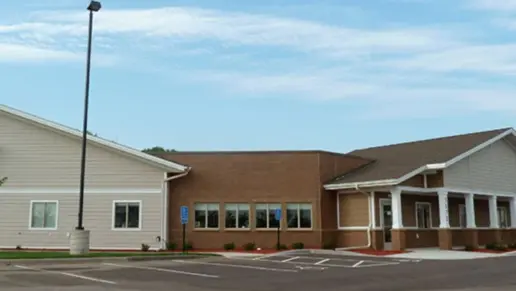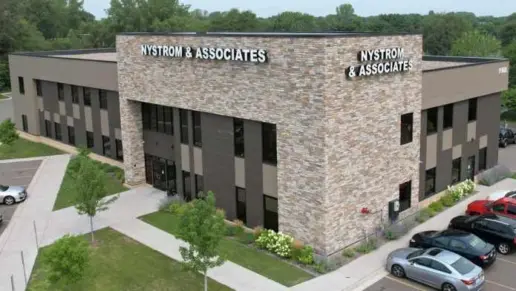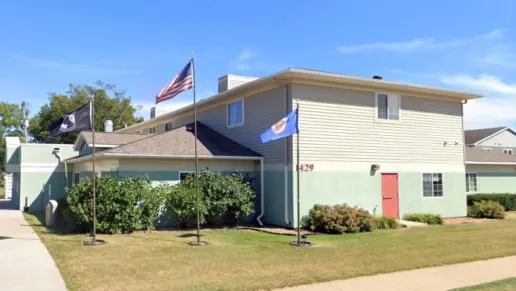I feel like this place helped me to the point where they saved my life. The staff genuinely cared about me and always made me feel like I had a family at New Beginnings. Thank you for a good experience.
About New Beginnings at Waverly – Women’s Location
New Beginnings provides substance use and mental health treatment in Waverly, Minnesota. They offer residential services for women. You’ll have a safe, peaceful environment to relax and focus on healing without outside distractions.
Medication-assisted treatment (MAT) is available to help with harsh withdrawal symptoms and reduce drug cravings. They use FDA-approved medicines to ease discomfort.
Individual counseling sessions provide a confidential setting where you can share issues hindering your recovery. Your private sessions with a skilled professional may help uncover the root causes of your addiction. You can also work on developing healthy coping skills by recognizing your triggers. That way, you’ll have less of a chance of a relapse.
Group therapy sessions provide time in a more open environment with your peers who can understand your experiences and struggles with addiction. You can discuss challenges and receive valuable feedback regarding sobriety. Sessions include discussions on women’s health, life skills, and recovery maintenance. Life skills can help prepare you for a future after treatment and may involve topics like money management, healthcare, and avoiding temptations.
You’ll attend female-centered nutritional lectures, which may help them make healthier choices. This service can help women pinpoint their nutrient needs to become the healthiest versions of themselves.
They provide 12 Step meetings, like Alcoholics Anonymous or Narcotics Anonymous, which help you accept accountability for your actions and recovery.
Case management is available to help with discharge planning and to guide you through the program for the most comprehensive care. They can connect you to resources for ongoing recovery efforts and community support.
Facility Overview
Rehab Score
Accepted Insurance








Other Forms of Payment
Private insurance refers to any kind of healthcare coverage that isn't from the state or federal government. This includes individual and family plans offered by an employer or purchased from the Insurance Marketplace. Every plan will have different requirements and out of pocket costs so be sure to get the full details before you start treatment.
Self-pay involves paying for treatment out of your own pocket. You can use savings or credit, get a personal loan, or receive help from family and friends to fund your treatment. If you don't have insurance or your insurance plan doesn't cover a specific program, self-pay can help ensure you still get the care you need.
Financial aid can take many forms. Centers may have grants or scholarships available to clients who meet eligibility requirements. Programs that receive SAMHSA grants may have financial aid available for those who need treatment as well. Grants and scholarships can help you pai for treatment without having to repay.
Medicaid is a state based program that helps lower-income individuals and families pay for healthcare. Medicaid covers addiction treatment so those enrolled can use their coverage to pay for rehab. When a program accepts Medicaid the client often pays very little or nothing out of their own pocket.
Addiction Treatments
Levels of Care
Treatments
The goal of treatment for alcoholism is abstinence. Those with poor social support, poor motivation, or psychiatric disorders tend to relapse within a few years of treatment. For these people, success is measured by longer periods of abstinence, reduced use of alcohol, better health, and improved social functioning. Recovery and Maintenance are usually based on 12 step programs and AA meetings.
Drug addiction is defined as an inability to stop using drugs even though it causes negative consequences in your life. Drug rehab in Minnesota provides treatment for drug addiction in a variety of settings including inpatient treatment and outpatient treatment.
Many of those suffering from addiction also suffer from mental or emotional illnesses like schizophrenia, bipolar disorder, depression, or anxiety disorders. Rehab and other substance abuse facilities treating those with a dual diagnosis or co-occurring disorder administer psychiatric treatment to address the person's mental health issue in addition to drug and alcohol rehabilitation.
Opioid rehabs specialize in supporting those recovering from opioid addiction. They treat those suffering from addiction to illegal opioids like heroin, as well as prescription drugs like oxycodone. These centers typically combine both physical as well as mental and emotional support to help stop addiction. Physical support often includes medical detox and subsequent medical support (including medication), and mental support includes in-depth therapy to address the underlying causes of addiction.
Substance rehabs focus on helping individuals recover from substance abuse, including alcohol and drug addiction (both illegal and prescription drugs). They often include the opportunity to engage in both individual as well as group therapy.
Programs


Clinical Services
Cognitive Behavioral Therapy (CBT) is a therapy modality that focuses on the relationship between one's thoughts, feelings, and behaviors. It is used to establish and allow for healthy responses to thoughts and feelings (instead of unhealthy responses, like using drugs or alcohol). CBT has been proven effective for recovering addicts of all kinds, and is used to strengthen a patient's own self-awareness and ability to self-regulate. CBT allows individuals to monitor their own emotional state, become more adept at communicating with others, and manage stress without needing to engage in substance abuse.
Group therapy is any therapeutic work that happens in a group (not one-on-one). There are a number of different group therapy modalities, including support groups, experiential therapy, psycho-education, and more. Group therapy involves treatment as well as processing interaction between group members.
In individual therapy, a patient meets one-on-one with a trained psychologist or counselor. Therapy is a pivotal part of effective substance abuse treatment, as it often covers root causes of addiction, including challenges faced by the patient in their social, family, and work/school life.
Research clearly demonstrates that recovery is far more successful and sustainable when loved ones like family members participate in rehab and substance abuse treatment. Genetic factors may be at play when it comes to drug and alcohol addiction, as well as mental health issues. Family dynamics often play a critical role in addiction triggers, and if properly educated, family members can be a strong source of support when it comes to rehabilitation.
Amenities
-
Residential Setting
-
Private Rooms
-
Hiking
Staff & Accreditations
Staff
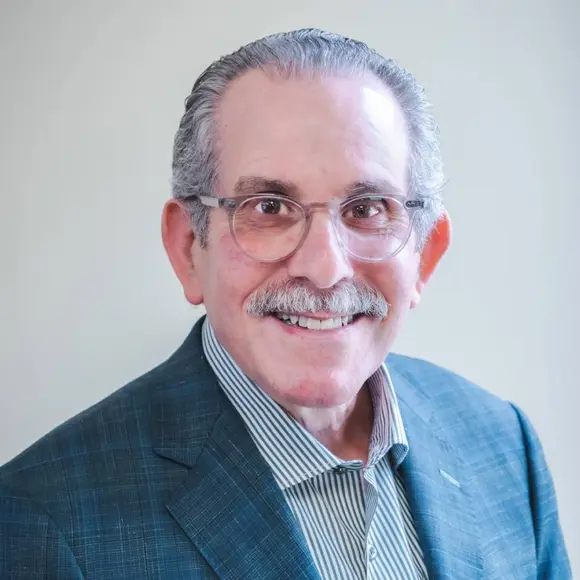
CEO
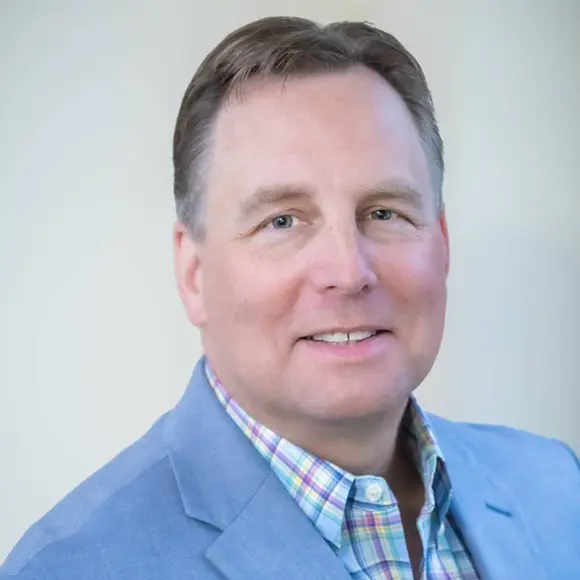
VP for Operations
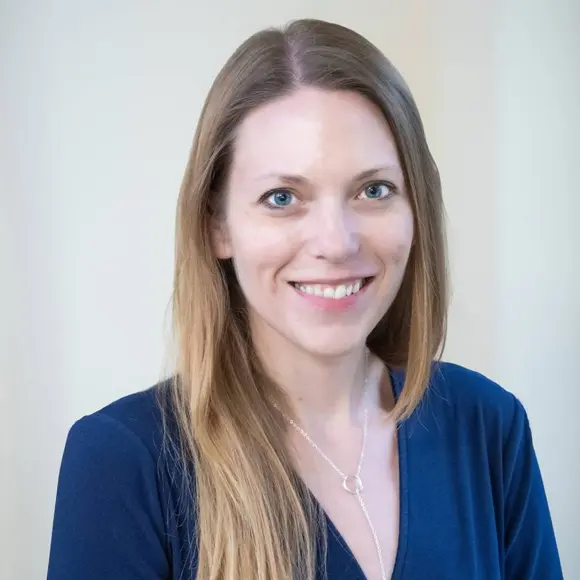
VP of Clinical Services
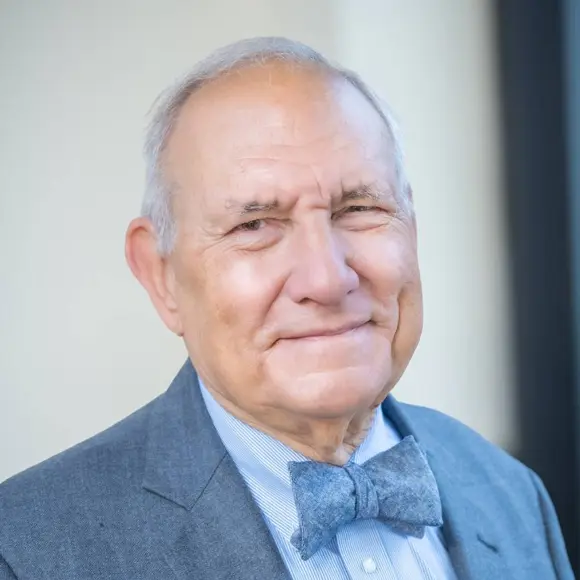
Medical Director

VP, Marketing & Business Development
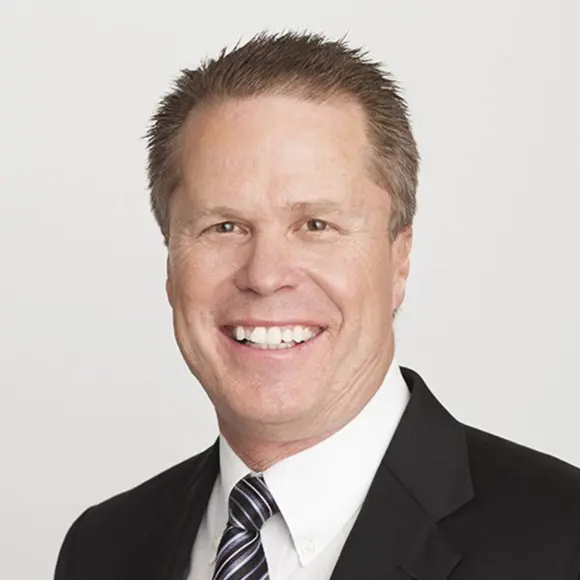
VP of Finance
Accreditations

The Commission on Accreditation of Rehabilitation Facilities (CARF) is a non-profit organization that specifically accredits rehab organizations. Founded in 1966, CARF's, mission is to help service providers like rehab facilities maintain high standards of care.
CARF Accreditation: Yes

LegitScript has reviewed New Beginnings at Waverly – Women’s Location as part of their certification program, and has determined that it meets the LegitScript standards for legality, safety and transparency.
LegitScript verified in
Contact Information
7300 Estes Avenue
Waverly MN, 55390









